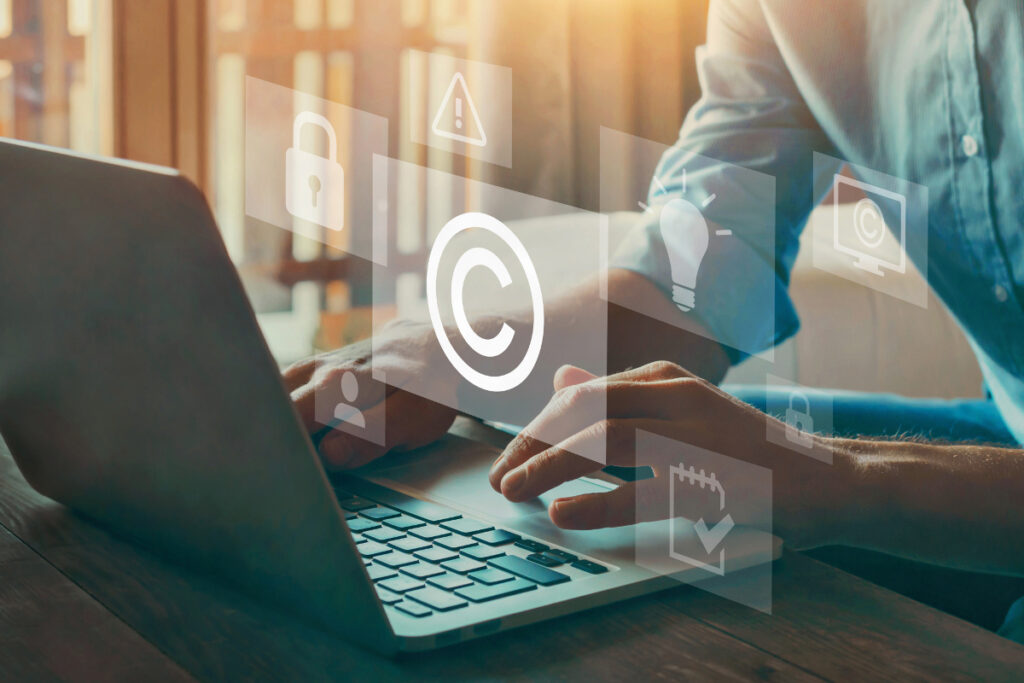Nonprofit over-the-air streaming service Locast has lost its key defense in a copyright infringement suit. A Manhattan federal court has ruled that the company cannot use a Copyright Act defense against the infringement claims brought by U.S. television networks ABC, NBC, CBS and Fox.
U.S. District Judge Louis Stanton ruled that despite its standing as a nonprofit organization, Locast earns too much money from its users to be exempt from the copyright law that protects nonprofits that retransmit copyrighted programs.
According to Locast attorney David Hosp of Orrick, Herrington & Sutcliffe, they were deciding on their next steps. The Electronic Frontier Foundation, which is also representing the streaming service, states that the nonprofit exemption of the copyright act is designed to ensure that all Americans have access to local broadcast stations—and that Locast fulfills this directive by expanding access.
Lowcast captures the broadcast signals from local stations and retransmits those signals over the internet in various U.S. markets. The company was founded by Attorney David Goodfriend, who previously worked for the U.S. Federal Communications Commission and DISH Network and is currently counsel for Weider Brodsky Kider. Goodfriend explains that the streaming service is meant to provide free local television to Americans who otherwise cannot view it for geographic or technical reasons.
The networks first sued Goodfriend and nonprofit group Sports Fans Coalition NY Inc for copyright infringement damages and attorneys’ fees in 2019, also requesting that the service be permanently banned.
Defendants in the case argued that Locast was immune from copyright claims since Section 111(a)(5) of the Copyright Act allows nonprofits to retransmit copyrighted material without the owner’s permission, provided they do not charge recipients more than their operating costs.
A favorable ruling would have distinguished Locast from Aereo Inc, a for-profit streaming service that was found in violation of copyright law by the Supreme Court in 2014.
The networks maintain that Locast is “a far cry” from the non-commercial organizations that the statute refers to. Judge Stanton agreed, saying that the company charges its users more than is necessary to cover operating costs. The company’s costs in 2020 were $2.4 million, while its revenue was $4.5 million. Of that amount, $4.3 million were from user payments. While Locast provides free streams, they interrupt non-payers every 15 minutes for donations they can pay for uninterrupted “preferred” access.

